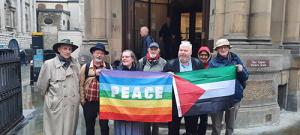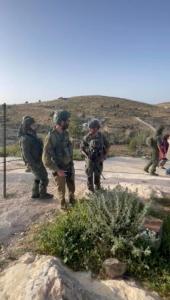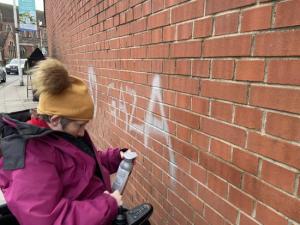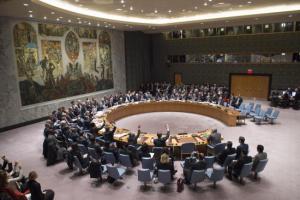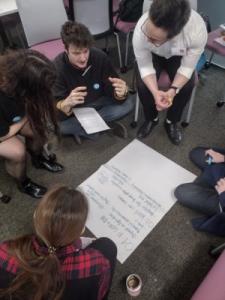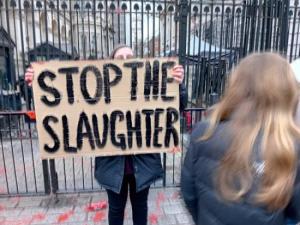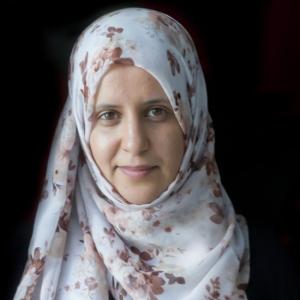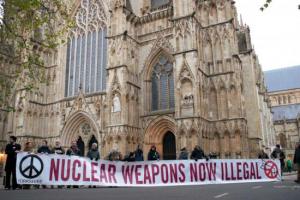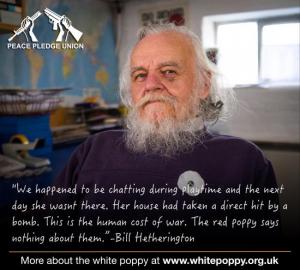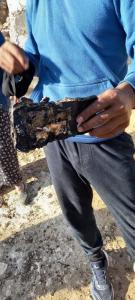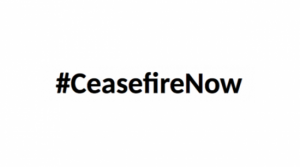On 25 April our trial for Criminal Damage took place following our arrest on 29 December at Downing Street to protest the UK government’s complicity in the genocide in Gaza. We had poured red poster paint on the gates, and made bloody handprints, held placards and read the names of children killed by Israel and Hamas.
The evening before our trial we held a gathering at the wonderful London Catholic Worker where we spoke about our…


